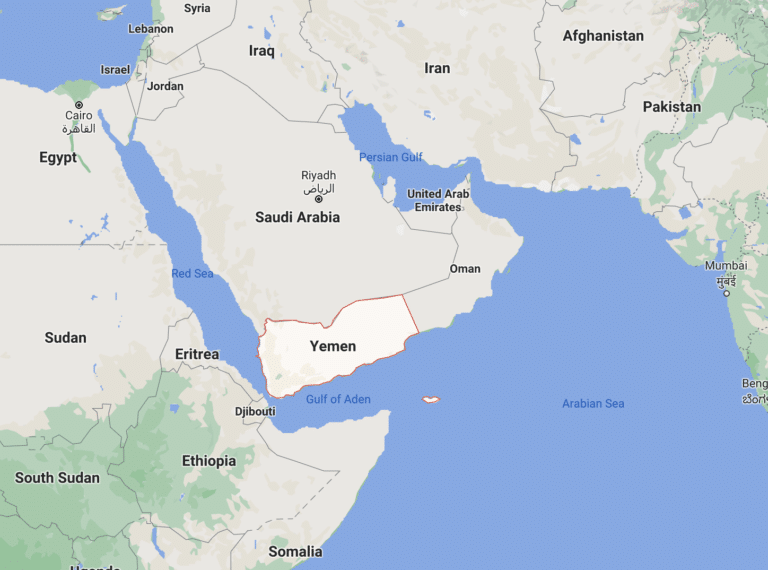
According to reports the few remaining Jews living in Yemen have been deported, leaving the size of the community still living in the the war torn country to less than 10.
London-based Saudi news outlet Asharq Al-Awsat reported this week that the last three Jewish families living in Yemen were deported by Iranian-backed Houthi rebels. (Similar claims have been made in the past and were found to be false.)
“They gave us a choice between staying in the midst of harassment and keeping Salem a prisoner, or leaving and having him released,” one of the deported Jews reportedly told Asharq Al-Awsat. “History will remember us as the last of Yemeni Jews who were still clinging to their homeland until the last moment.”
Salem Marhabi, who is Jewish, was arrested by the rebels 6 years ago for trying to remove a rare deer skin family Torah scroll out of the country. His release was made on the condition that the remaining families, 13 people, left the country. He has yet to be released.
Left behind are reportedly 4-6 elderly Jews who are believed to be the last remaining Jews living in Yemen. It is unclear which country the deported families were sent to, but it is believed they are now in Egypt.
If the reports are true, this marks the end of a Jewish presence in Yemen, a community in the country that dates back some 2,600 years. At its highpoint around 50,000 Jews called Yemen home, but hundreds were airlifted out of the country soon after the founding of Israel. Those who stayed have been steadily leaving due to ongoing civil wars and antisemitism.
Yemenite Jews

The global Yemenite Jewish community is believed to be 530,000 strong with the largest population, 435,000, living in Israel. The United States is home to an estimated 80,000 Yemenite Jews and the United Kingdom 10,000.
Between June 1949 and September 1950, the overwhelming majority of Yemen’s Jewish population was transported to Israel in Operation Magic Carpet.
Yemenite Jews are considered to be Mizrahi but have maintained a unique culture of their own and differ from other Mizrahi Jews who have undergone a process of assimilation to Sephardic liturgy and customs. For example, Yemenite Jews, along with Aramaic speaking Kurdish Jews, are the only communities who maintain the tradition of reading the Torah in both Hebrew and the Aramaic Targum (translation).
Originally Published Apr 2, 2021 11:20AM EDT
